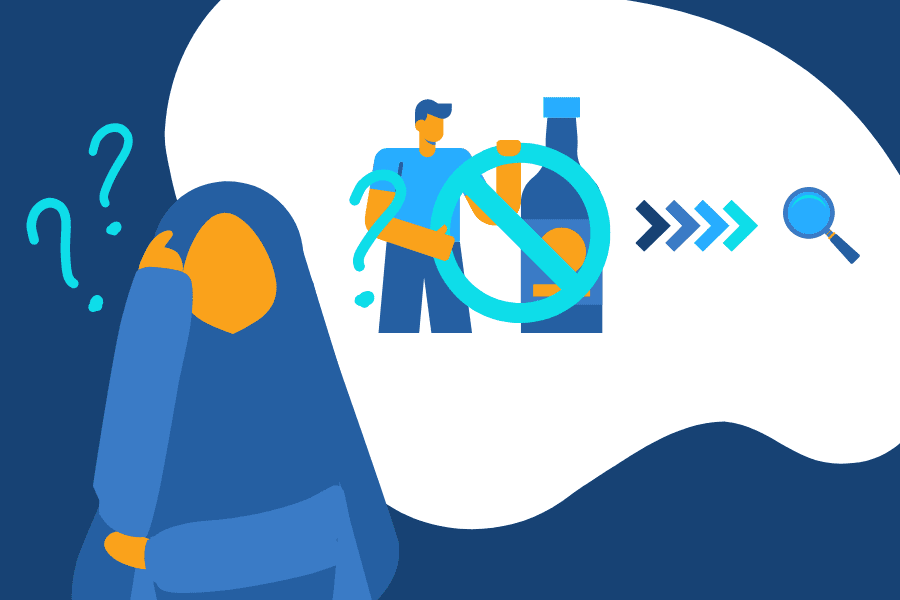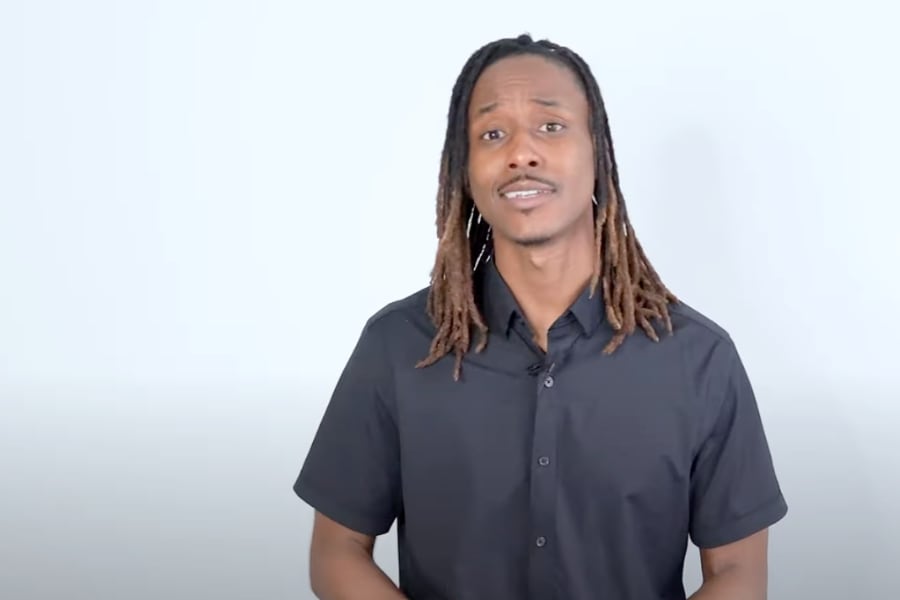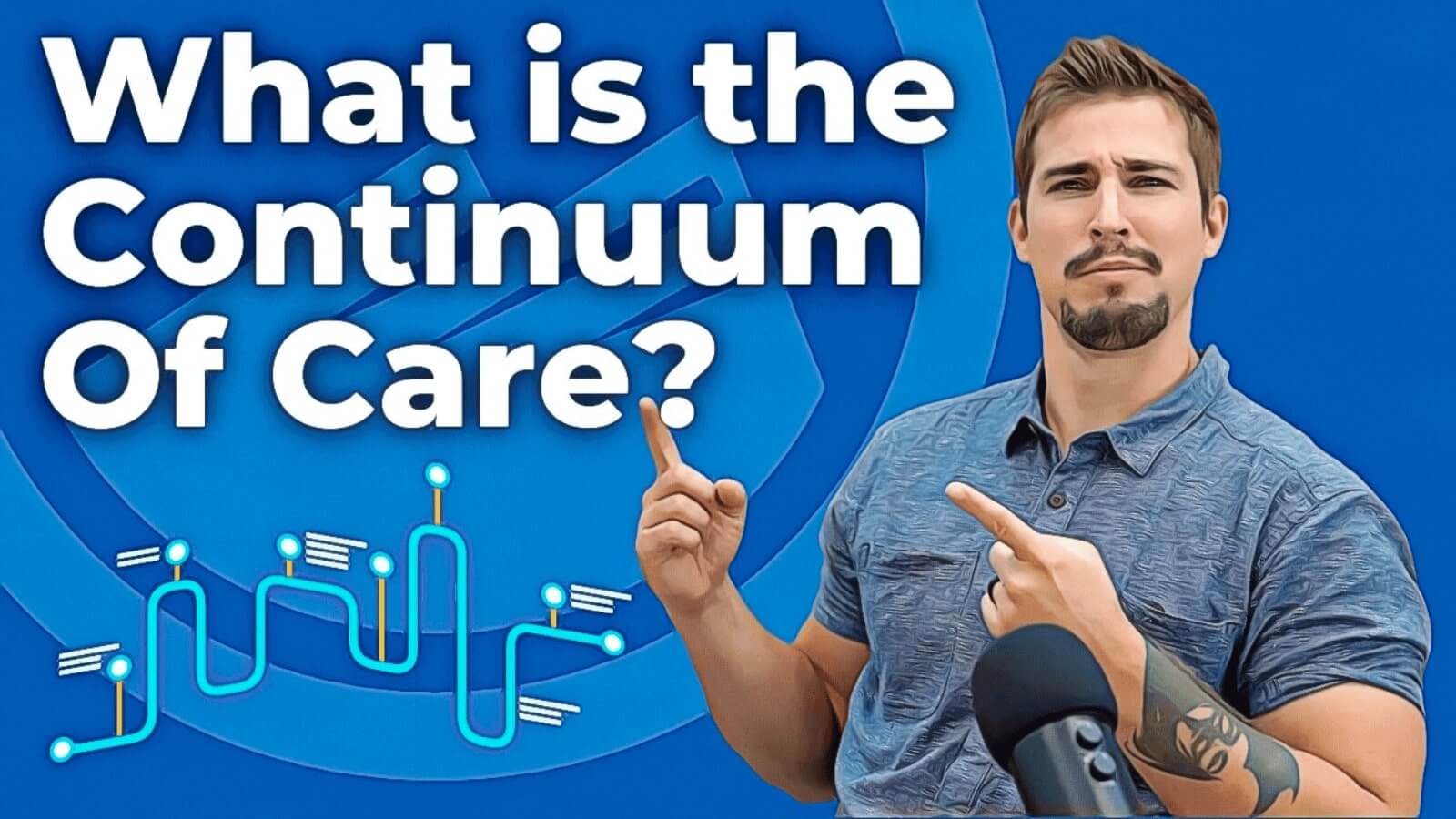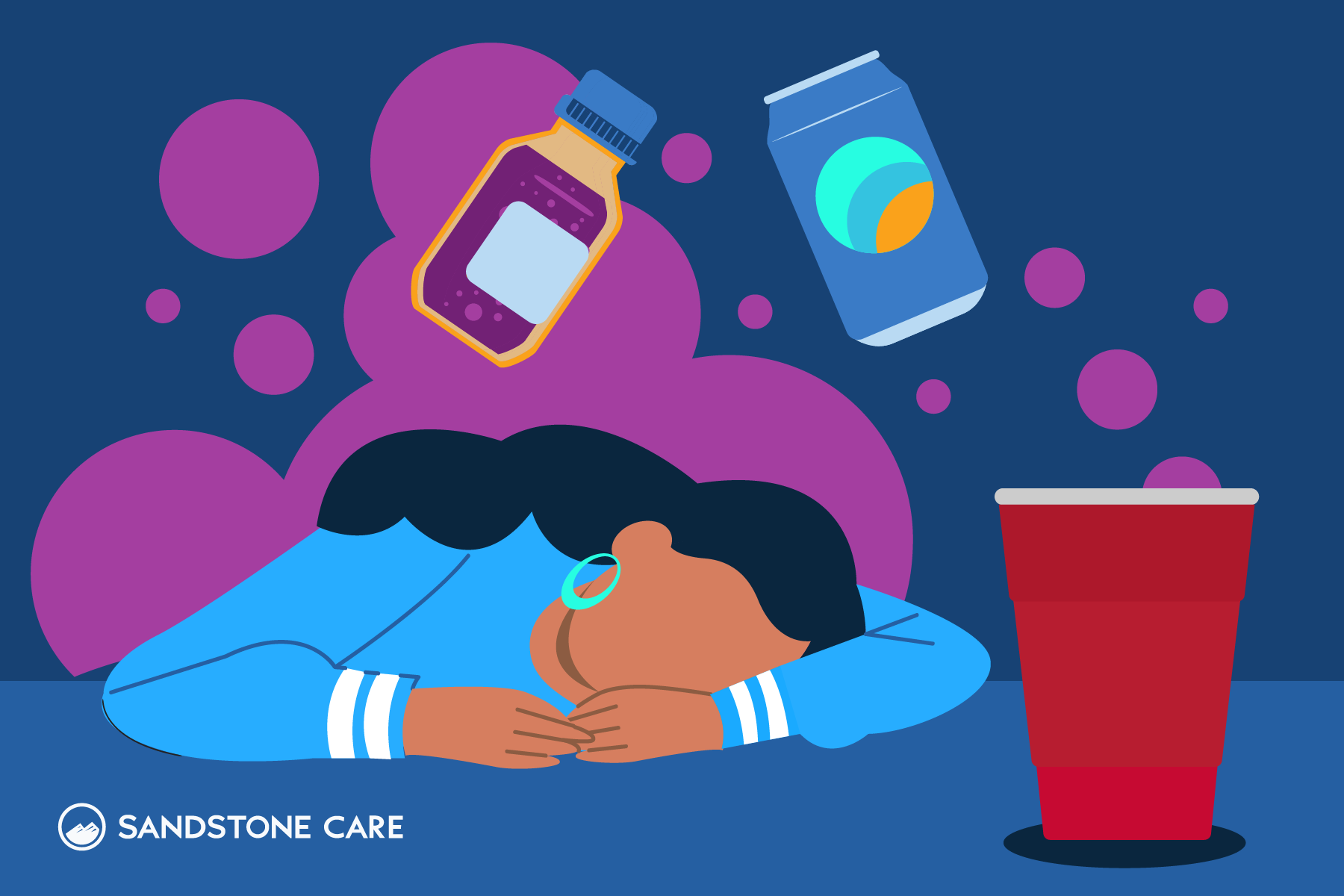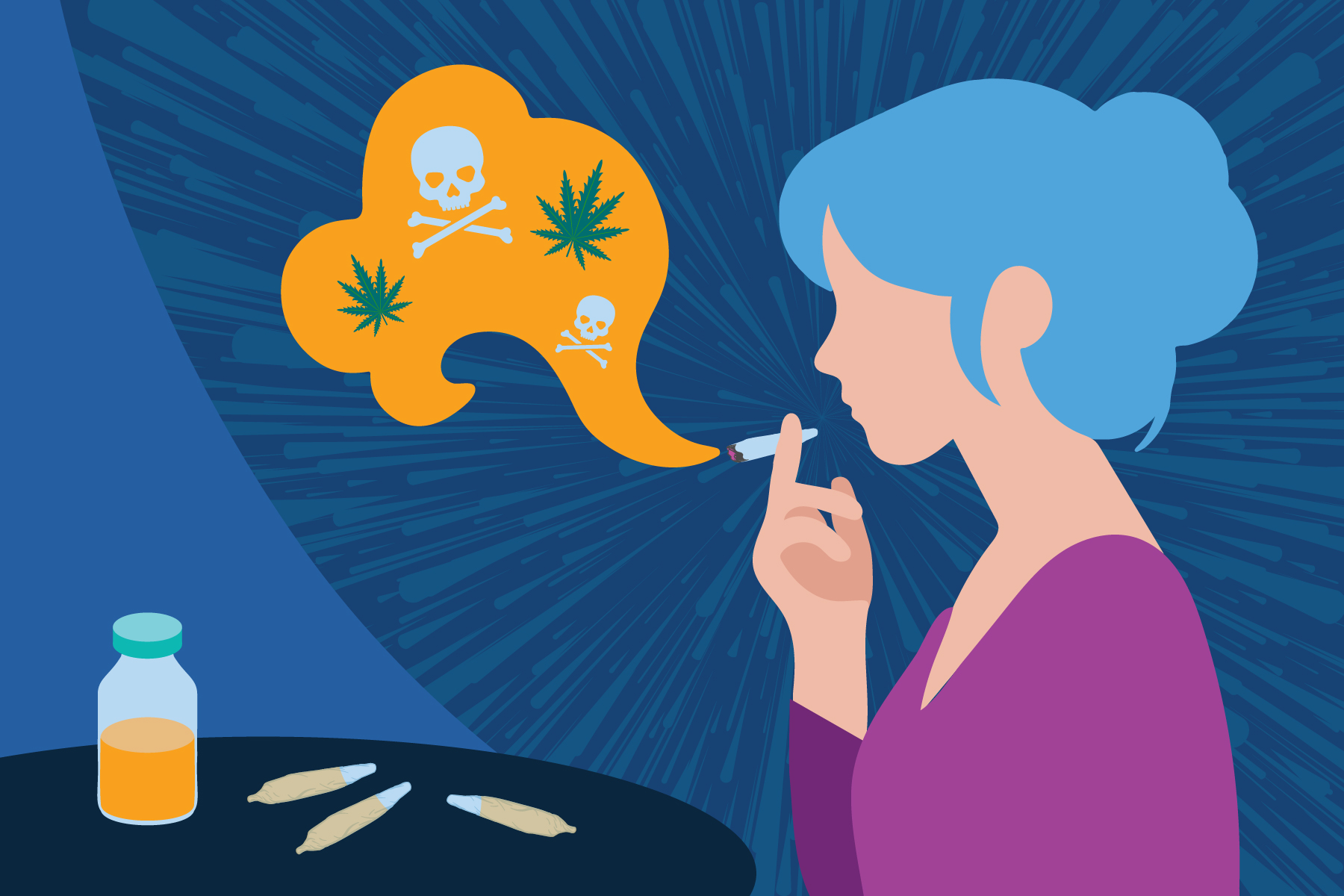Drug and Alcohol Withdrawal
What Does Drug Withdrawal Mean?
Drug withdrawal refers to the physical and mental symptoms a person experiences when they stop or reduce the intake of a drug.
Withdrawal symptoms can depend on a variety of factors such as: what drug was being used, how long it was being used, and the dosage a person was taking.
Drug withdrawal is a challenging, uncomfortable part of the addiction recovery process. Quitting substance use is difficult, and facing withdrawal symptoms doesn’t make it any easier.
As difficult as it may be, it is important to know that there is help out there for you and that you are not alone.
What Are The Two Types Of Withdrawals?
The two types of withdrawal are acute withdrawal and protracted withdrawal.
Acute withdrawal is typically just referred to as “withdrawal.” Withdrawal can be defined as the signs and symptoms that follow after the abrupt discontinuation of a substance.
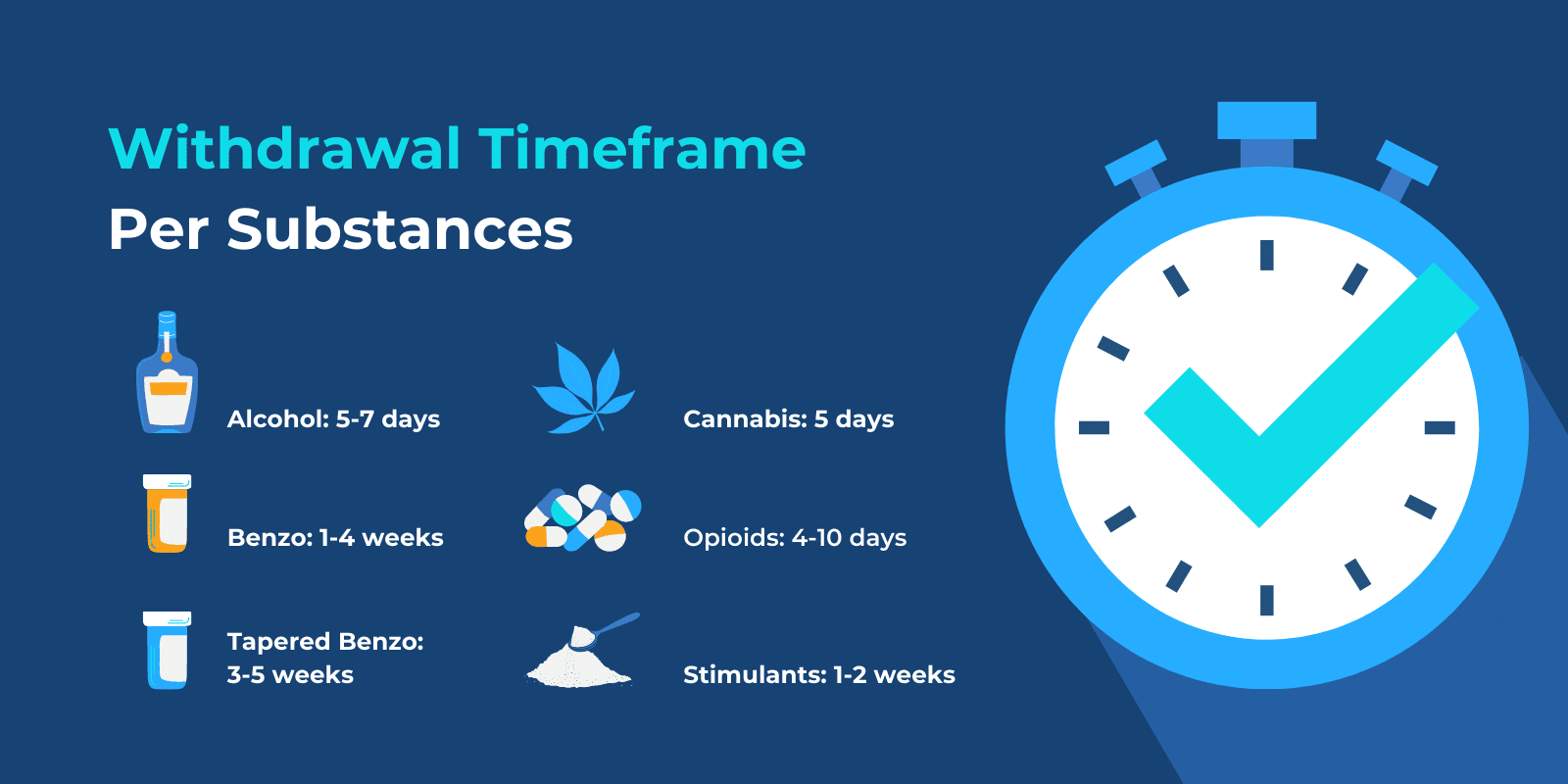
Acute withdrawal timeframes for certain substances include:
- Alcohol: 5-7 days
- Benzodiazepines: 1-4 weeks, 3-5 weeks with tapering
- Cannabis: 5 days
- Opioids: 4-10 days
- Stimulants: 1-2 weeks
Protracted withdrawal is defined by SAMHSA as “the presence of substance-specific signs and symptoms common to acute withdrawal but persisting beyond the generally accepted acute withdrawal timeframes…”.
Other terms for protracted withdrawal can include chronic withdrawal, extended withdrawal, late withdrawal, and long-term withdrawal.
What Is The Difference Between Withdrawal And Detox?
The terms detox and withdrawal are not meant to be used interchangeably. However, they are connected.
Detox refers to the process of letting the body rid of drugs.
Detoxification alone is not treatment. However, it is the first step in the process.
Withdrawal refers to the physical and mental symptoms that occur after a person has stopped or significantly decreased the use of a substance.
Detoxification involves withdrawal symptoms, and detox programs work to help manage withdrawal symptoms.
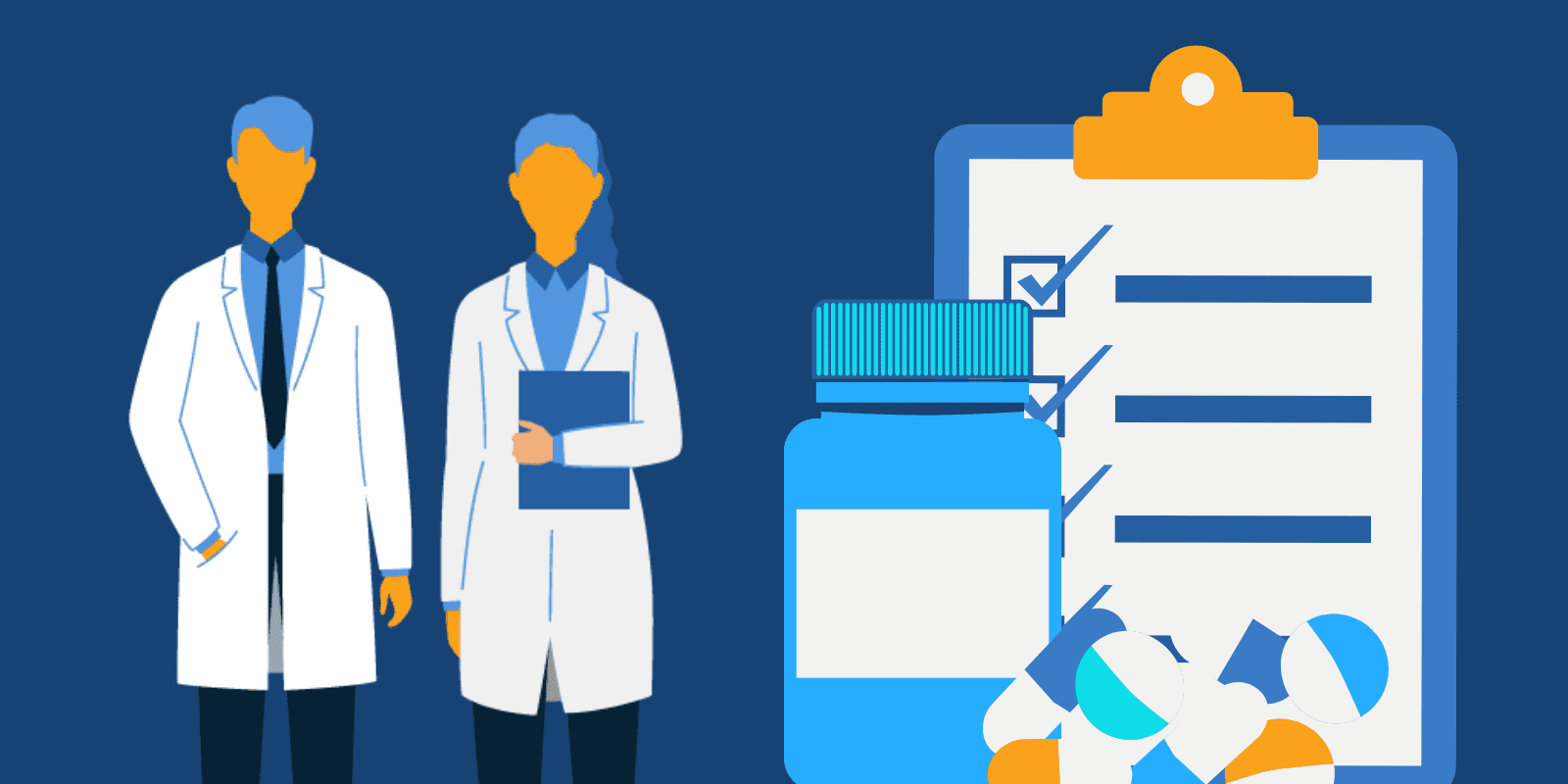
What Is Withdrawal Syndrome?
Withdrawal syndrome occurs when an individual has developed a dependence on a substance and abruptly stops or significantly decreases their substance use.
What Drugs Can Cause Withdrawal?
Different types of substances can cause withdrawal.
This can include, but is not limited to:
- Central nervous system depressants: alcohol, benzodiazepines, and opioids
- Central nervous system stimulants: cocaine, amphetamines, methamphetamines
- Nicotine
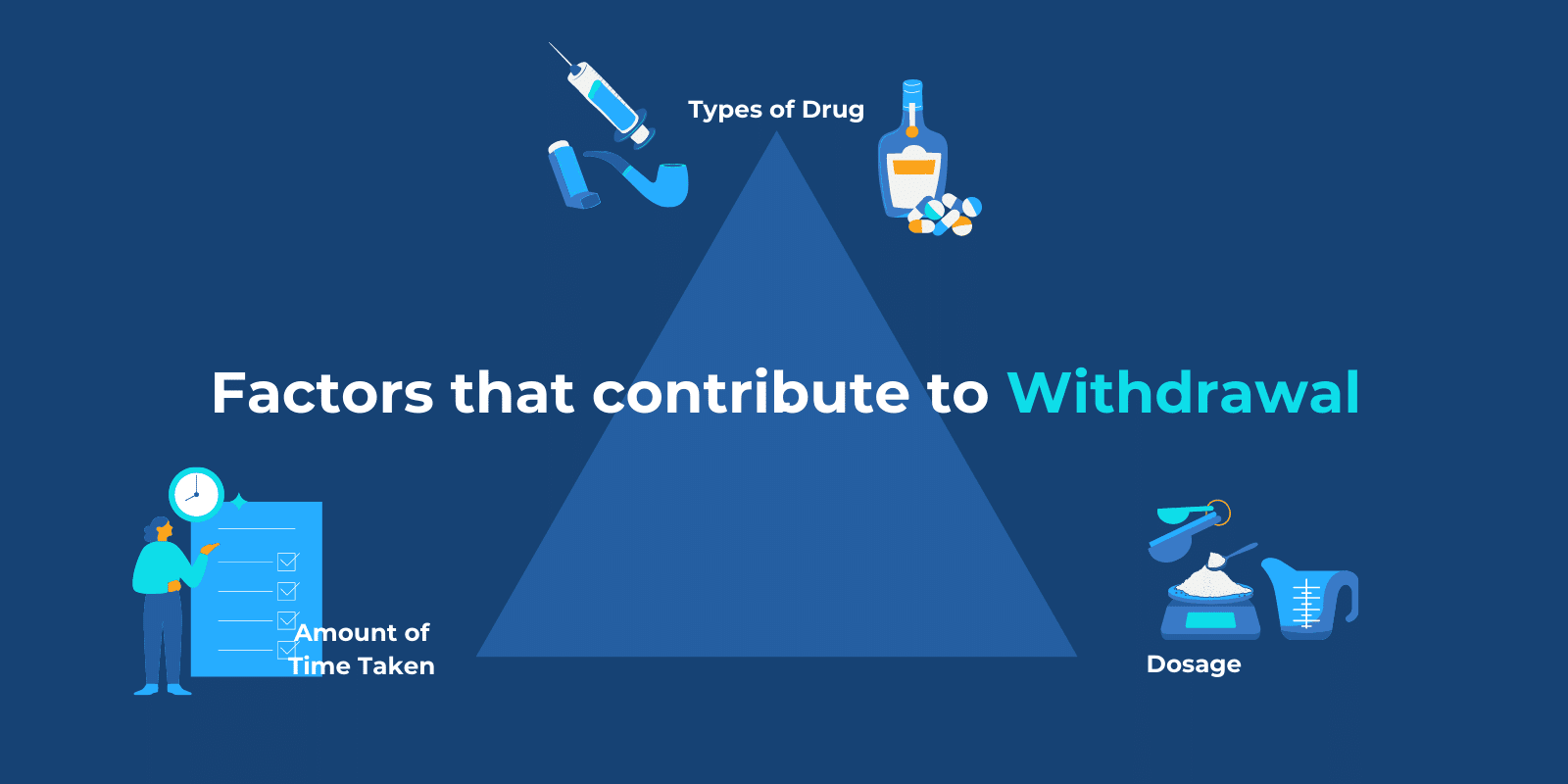
What Is It Like To Be In Withdrawal?
The withdrawal process can be different for everyone.
Certain factors that can play a role in withdrawal include:
- The type of drug taken
- Amount of time it was taken
- The dosage taken
A person going through withdrawal may experience extreme feelings of discomfort as their body is trying to adjust and rebalance. A person may experience body aches, feel hot or extremely cold, and also experience stomach pains along with nausea and vomiting.
Withdrawal can also cause a person to feel extremely fatigued and exhausted. It can be hard to do simple tasks or even just rest.
Withdrawal can come with mental symptoms as well. A person may experience anxiety, paranoia, depression, or irritability.
Withdrawal is uncomfortable, and it is highly beneficial to have professional and personal support there throughout the process.
Addiction & Signs Of Withdrawal
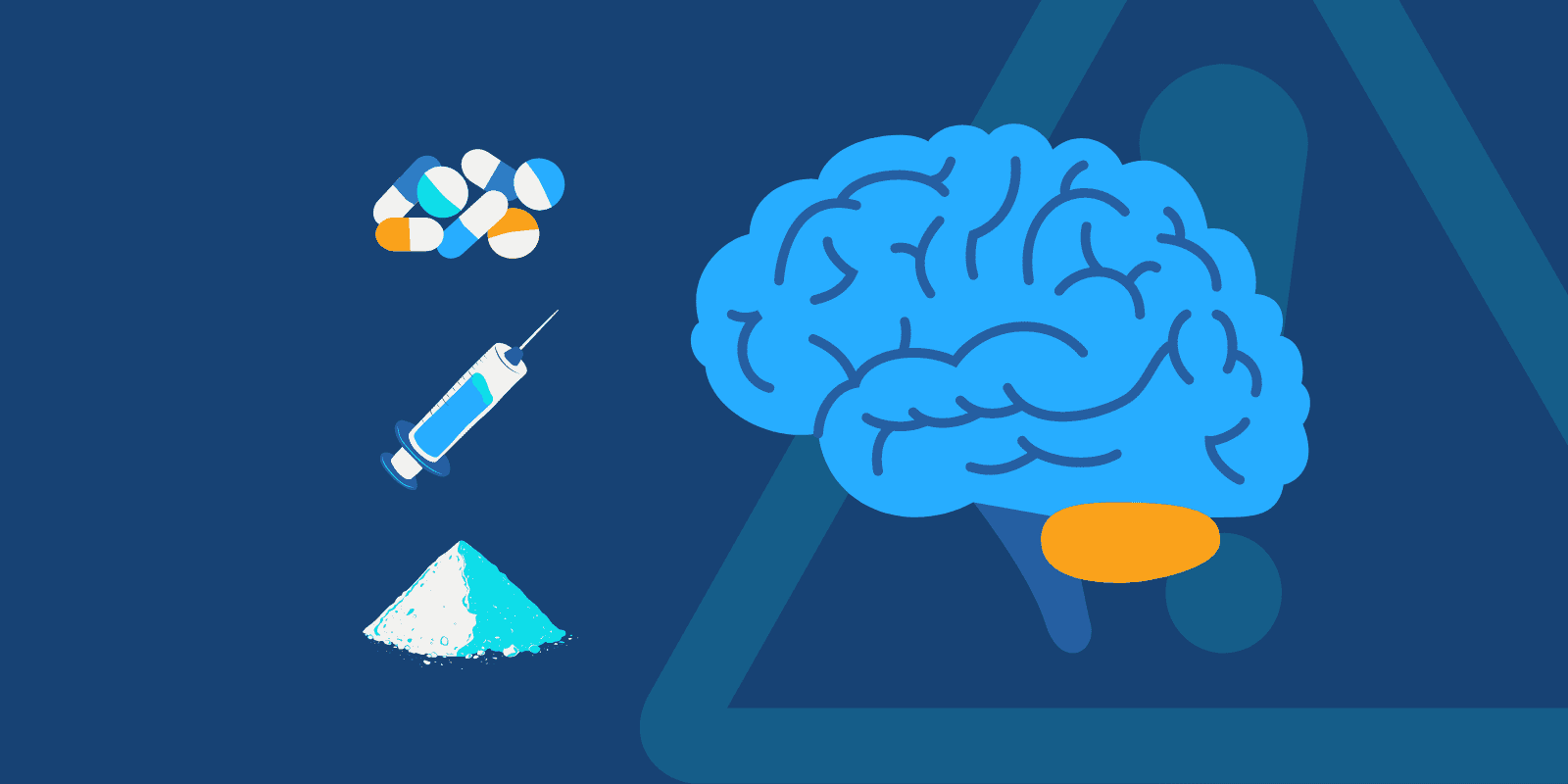
What Are The 5 Stages Of The Addiction Cycle?
The five stages of the addiction cycle involve:
- First use/ Experimentation: Not everyone who tries a substance becomes addicted. However, for some, the first use can quickly develop into a substance use disorder.
- Regular use: People who become regular users of substances begin to display a pattern. They start to engage in substance use more frequently.
- Risky use: As substance use becomes more regular, an individual begins to partake in dangerous behavior, such as driving under the influence. Substance use begins to impact a person’s life, health, and relationships.
- Dependence: The individual develops a tolerance to the substance and may experience withdrawal symptoms if they stop or significantly decrease the use of a substance.
- Substance use disorder: A person continues substance use despite its negative consequences. Addiction is the most severe form of substance use.
How Do I Know I Am In Withdrawal?
If you have recently stopped or decreased substance use and are experiencing withdrawal symptoms, it is important to reach out for professional help.
What Is One Of The First Signs Of Withdrawal?
Some of the most common first signs of withdrawal include:
- Discomfort/pain
- Nausea and vomiting
- Anxiety and depression
- Sleep problems
- Sweating
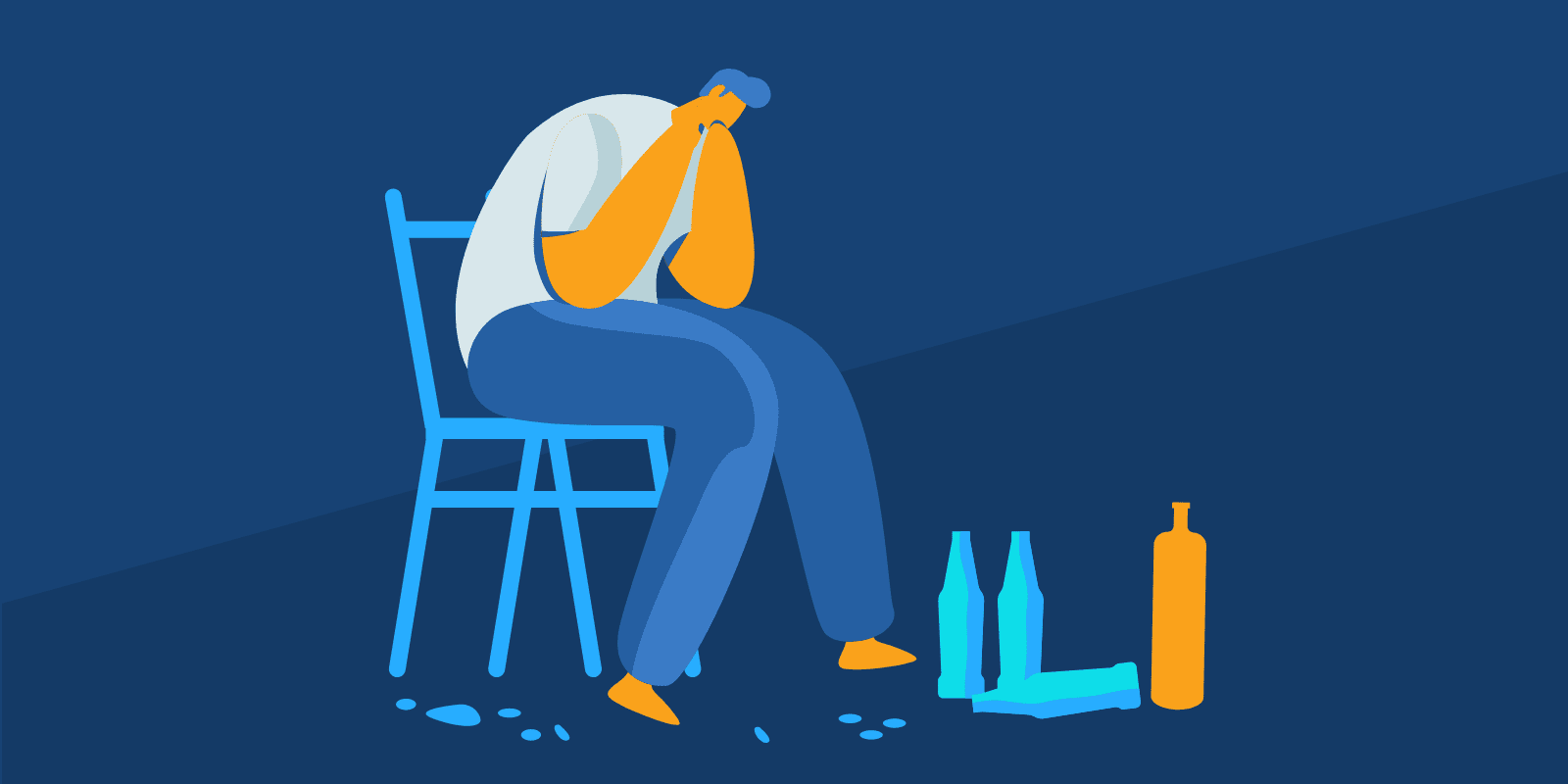
What Is An Example Of A Withdrawal?
Withdrawal can happen in someone who is struggling with alcohol addiction.
If a person heavily drinks for a significant period of time, whether it is weeks, months, or years, they may experience alcohol withdrawal symptoms.
Alcohol withdrawal symptoms can include:
- Tremors
- Irritability
- Anxiety
- Agitation
- Nausea and Vomiting
- Sweating
- Headache
More severe symptoms of alcohol withdrawal can involve delirium tremens, hallucinations, and seizures.
According to Alcohol Health and Research World, symptoms generally appear within hours after alcohol use has stopped or when a person’s blood alcohol content has been lowered.
These symptoms typically will go away several hours or several days after they occur.
Withdrawal Process

How Does Withdrawal Work?
When a person engages in frequent substance use, they can develop a tolerance.
Tolerance can be defined as the reduced response to a drug with repeated use.
Over time, a person will need more and more of a drug to feel its effects.
For those dependent on a substance, withdrawal is the response to the absence or sudden decline of the substance.
What Is The Process Of Withdrawal?
The stages of withdrawal typically involve the acute withdrawal period, protracted withdrawal period, and prolonged withdrawal period.
In the acute withdrawal period, symptoms begin and can be intense, lasting anywhere between a few days to a few weeks.
In the protracted withdrawal period, symptoms are at their worst but then begin to decrease.
A prolonged withdrawal period involves long-term symptoms, such as depression, which can last for months or, in some cases, years after substance use has stopped. It is important to note that not everyone experiences long-term symptoms.
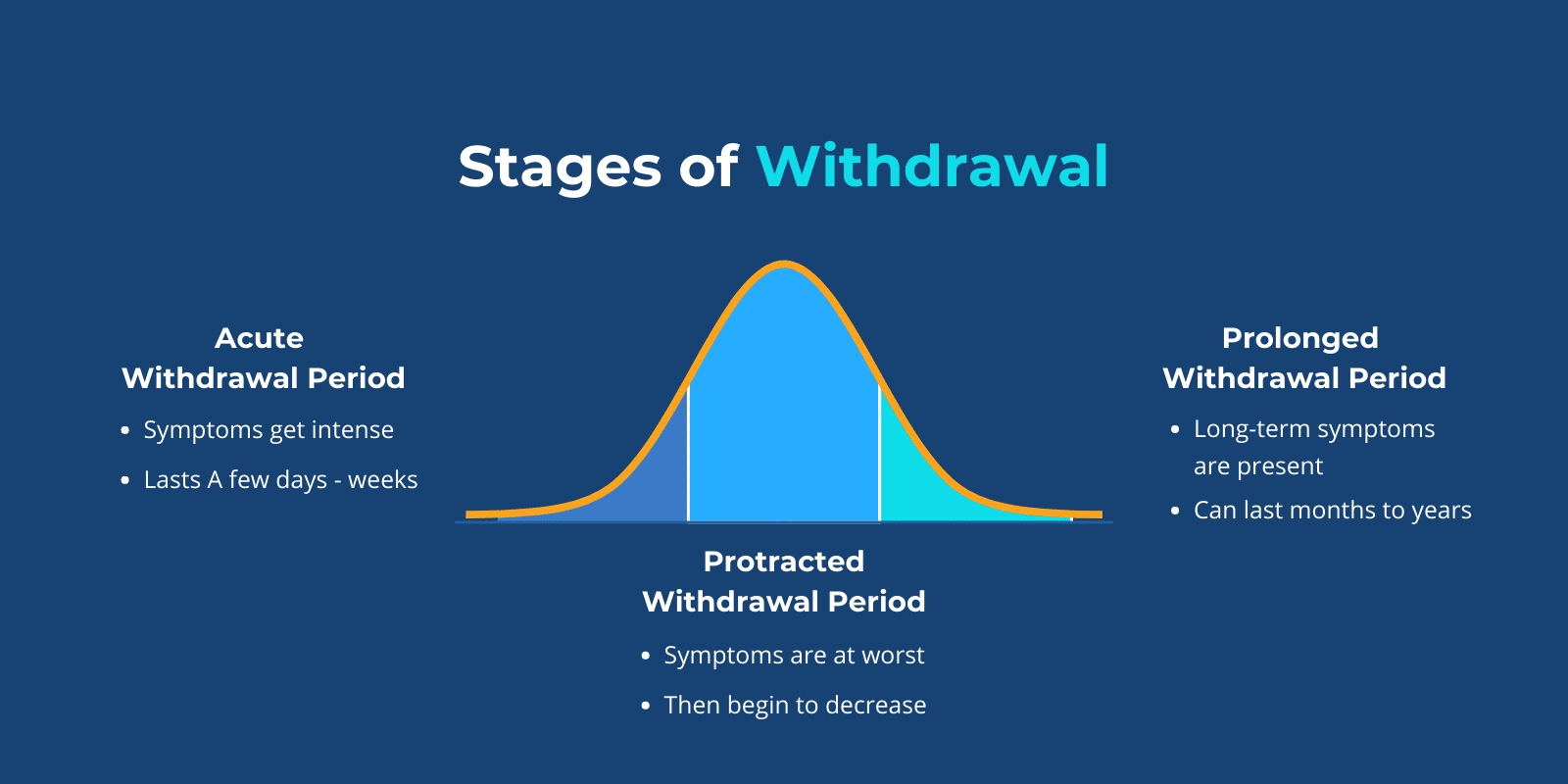
How Long Does It Take For A Withdrawal?
Withdrawal symptoms can last for a few days or weeks but will eventually stop over time.
However, some psychological symptoms, such as depression or dysphoria, may last longer.
What Medication Is Best For Withdrawal?
According to Clinical Guidelines for Withdrawal Management and Treatment of Drug Dependence in Closed Settings, buprenorphine is the best opioid medication for managing moderate to severe opioid withdrawal symptoms.
Another medication that is commonly used to help manage withdrawal symptoms is methadone.
Can I Die From Withdrawal?
The severity of withdrawal can depend on several factors.
Getting professional treatment and going through medical detox can help a person safely manage withdrawal symptoms.
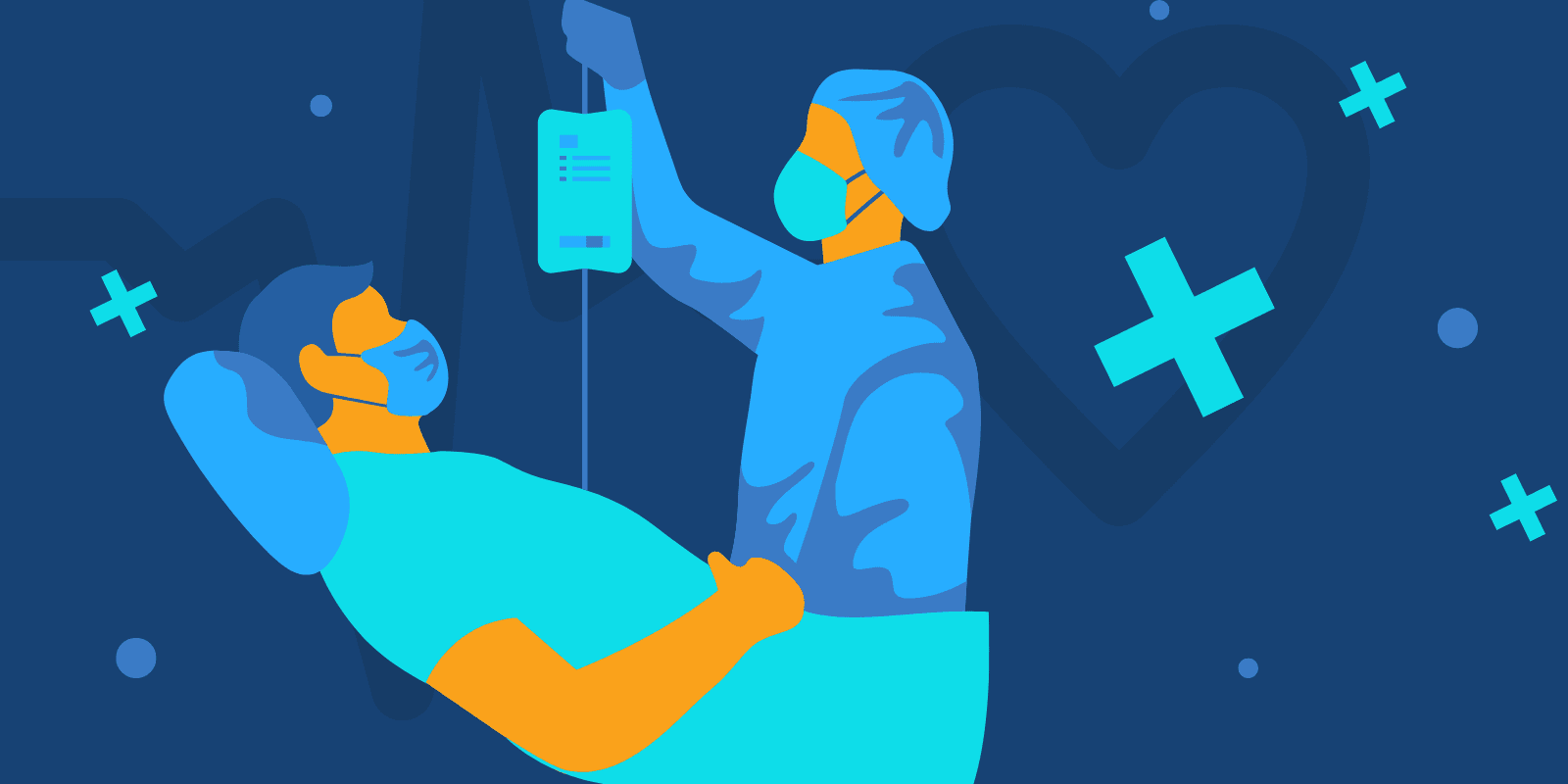
Attempting to quit “cold-turkey,” meaning a person abruptly stops using a substance, especially alcohol, opiates, or benzodiazepines, can be especially dangerous and, at times, life-threatening.
However, it is important to know that getting proper professional help can help reduce the risks of withdrawal symptoms and get a person on the road to recovery.
How Do You Stop Withdrawals?
If you or a loved one are experiencing withdrawal, seek professional help.
You don’t necessarily stop withdrawal, as it is a process that may take a few days or weeks; however, there are things you can do to help manage the symptoms.
A medical detox program is one of the best ways to manage withdrawal symptoms.
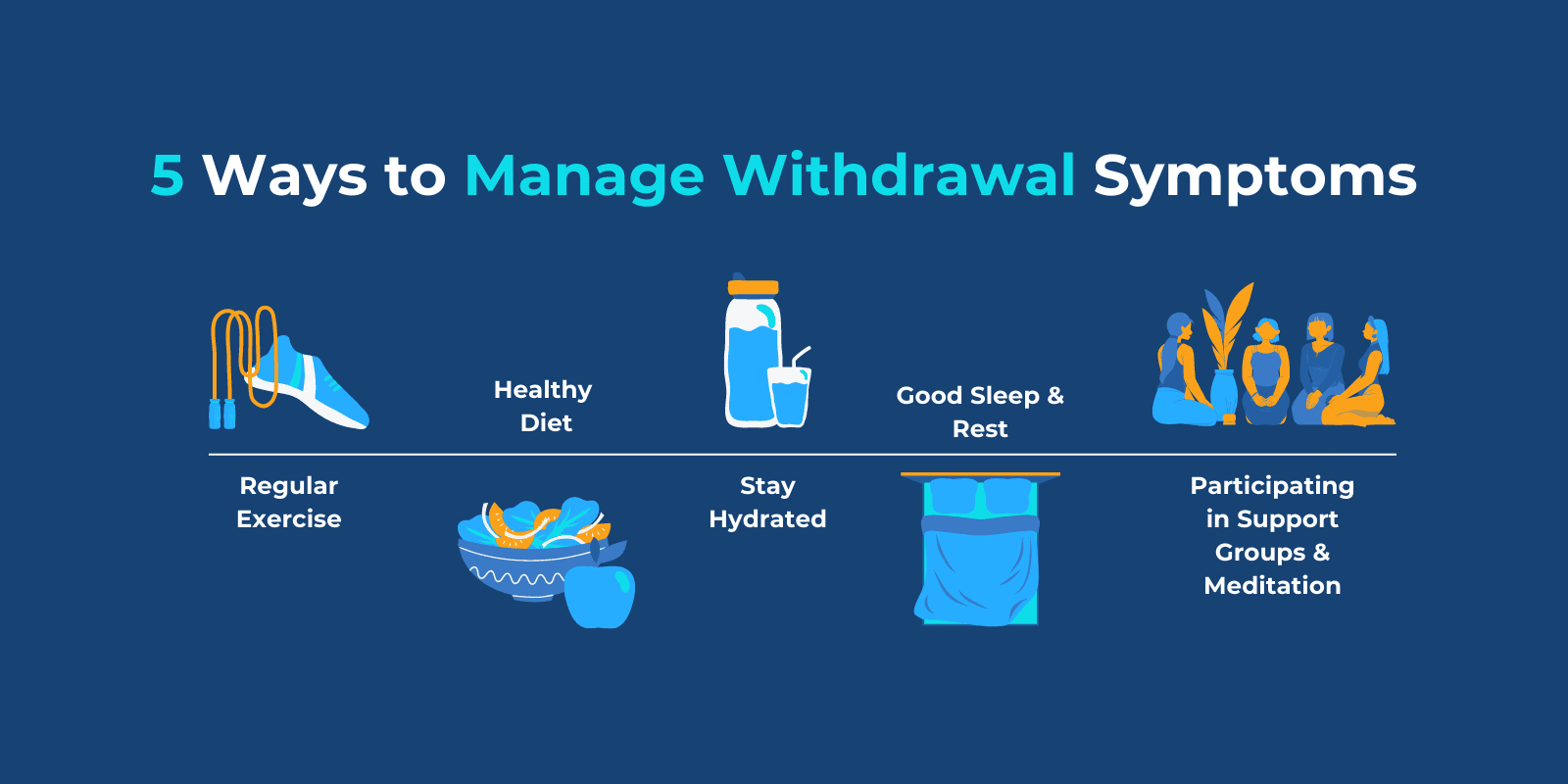
Other ways a person can get through withdrawal include:
- Getting regular exercise
- Eating a healthy, balanced diet
- Staying hydrated
- Getting good sleep and rest
- Attending support groups
- Practicing mindfulness and relaxation
How Long Does It Take To Break The Addiction Cycle?
The addiction recovery process is different for each individual.
There is no set timeline on how long it will take to break the addiction cycle.
Withdrawal Symptoms & Side-Effects
How Long Do Withdrawal Symptoms Typically Last?
Withdrawal symptoms may last for a few days or, in some cases, weeks.
However, they will eventually stop.
Long-term, or post-acute withdrawal symptoms, may last for months or years after substance use has stopped.
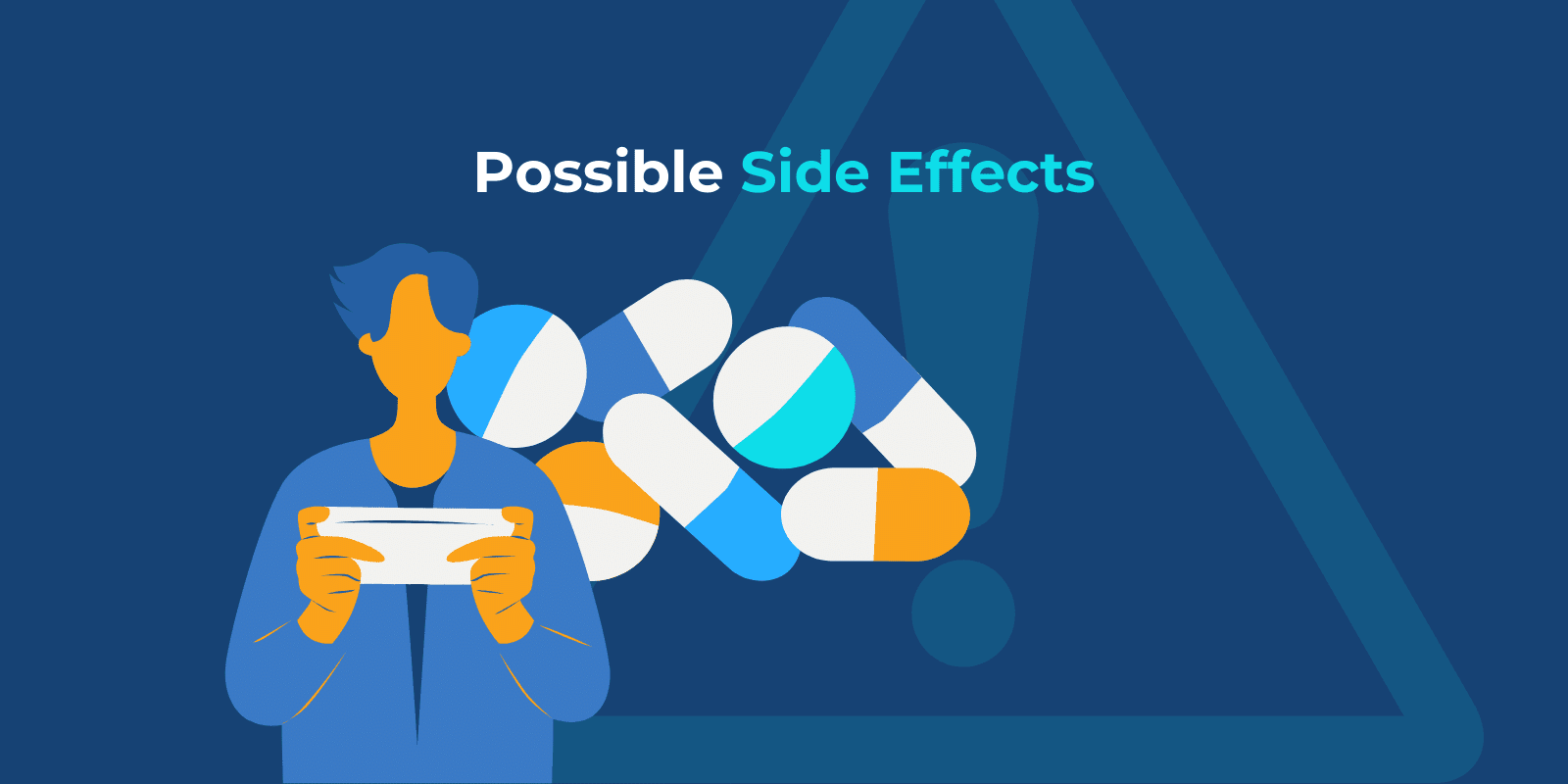
What Do Drug Withdrawal Symptoms Include?
Withdrawal symptoms depend on the severity of the dependence and the drug.
Different drug withdrawal syndromes can have a variety of different mental, emotional, and physical symptoms.
Common withdrawal symptoms include:
- Nausea
- Vomiting
- Runny nose
- Anxiety and depression
- Insomnia
- Fatigue
- Sweating
- Tremors
- Shakiness
- Confusion
- Paranoia
- Muscle pains or aches
- Increased heart rate and blood pressure
- Cravings
Withdrawal symptoms are commonly the opposite of the effects of the substance.
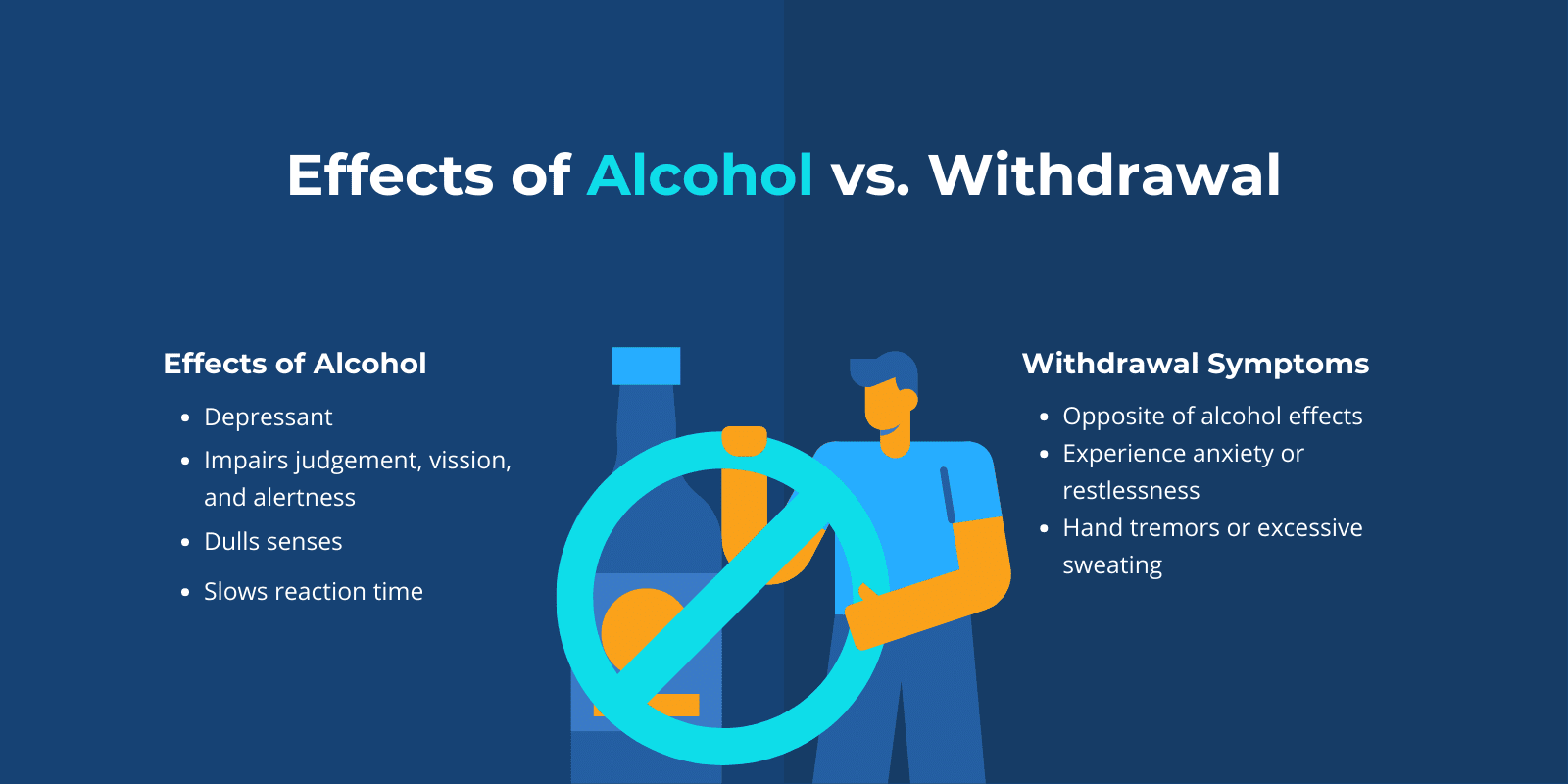
Alcohol, for example, is a depressant, and when a person abruptly stops alcohol use, they may experience symptoms like anxiety or restlessness.
More severe symptoms of withdrawal can include hallucinations, seizures, and delirium.
Withdrawal can cause many changes in a person’s mood, often making a person feel sad, anxious, or depressed.
If feelings of depression are worsening, and you or a loved one are having suicidal thoughts or thinking of engaging in self-harming behaviors, call the National Suicide Prevention Lifeline at 988, or call 911.
What Are Withdrawal Side Effects?
Side effects of withdrawal can last for days and, in some cases, weeks.
Common side effects of withdrawal include nausea, vomiting, changes in heart rate and body temperature, mood changes, sweating, insomnia, and muscle cramps.

How Long Does It Take For Post-Acute Withdrawal Syndrome (PAWS) To Go Away?
Post-acute withdrawal syndrome (PAWS) can occur after acute withdrawal symptoms reduce.
PAWS can last from 6 months to 2 years after an individual stops substance use.
Symptoms of PAWS can include:
- Irritability
- Aggression
- Mood swings
- Depression and anxiety
- Lack of energy
- Sleeping problems
- Foggy thoughts
- Chronic pain
There is no exact amount of time for how long it will take for PAWS to go away. It depends on what substance was being abused, how long a person was engaging in substance use, and the overall health of the individual.
PAWS can be a challenging factor in the addiction recovery journey. Professional help and things like support groups, medication, and therapy can help manage the symptoms of PAWS.
What Are Three Things That Can Help With Withdrawal Symptoms?
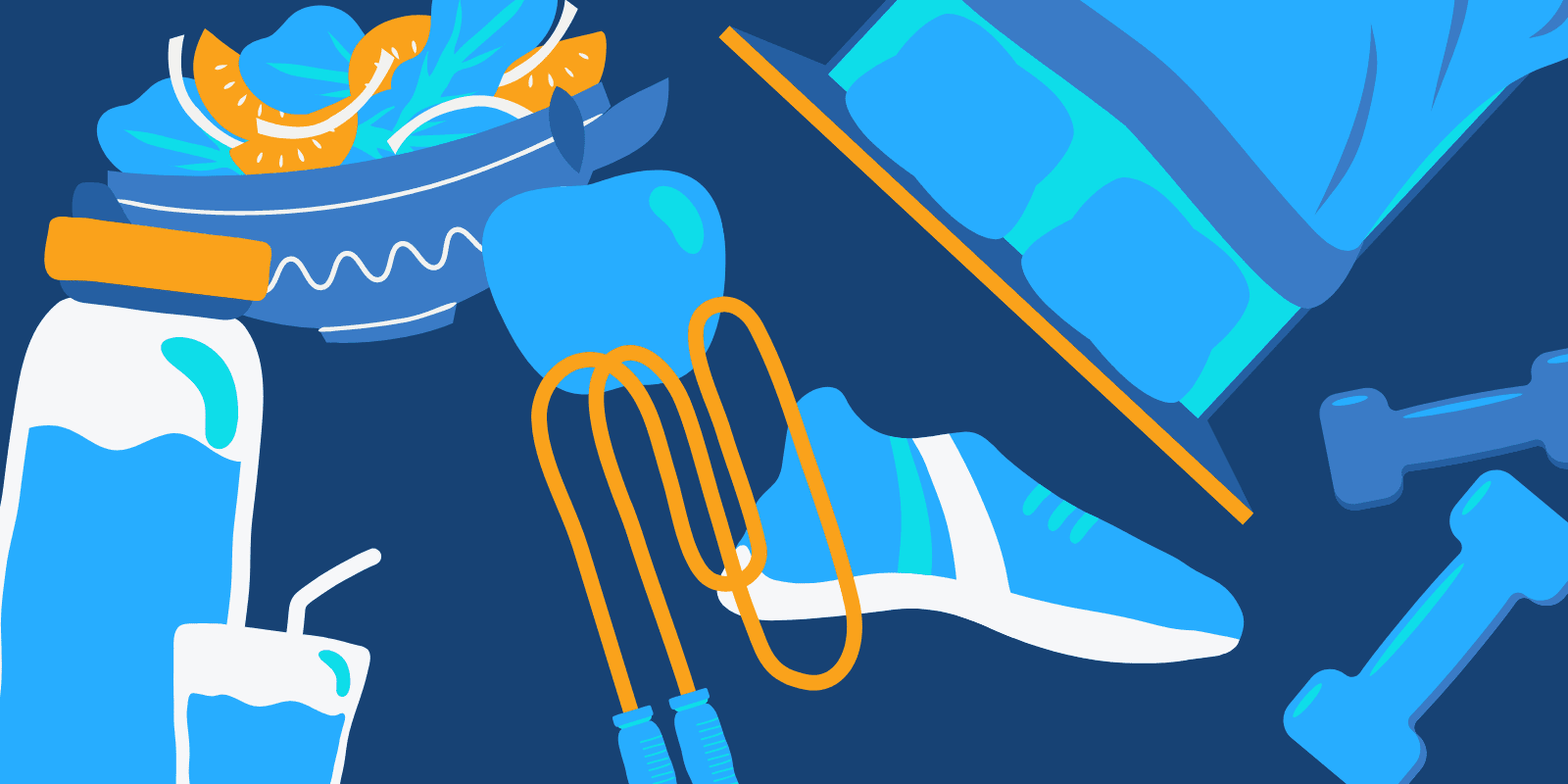
Aside from seeking professional help, some things that can help with withdrawal symptoms include:
- Hydrating/ Drinking a lot of water: Withdrawal can often cause dehydration, especially if a person is experiencing nausea and vomiting. Staying hydrated can help your body recover.
- Eating Well: Eating balanced and nutritious meals can help give your body what it needs. Fatty or sugary foods can make you feel worse.
- Getting Rest: Although it may be hard, getting good sleep and rest is important. Withdrawal is physically and mentally draining, so try to rest as much as you can.
The withdrawal process can be challenging, and it can be helpful to ask for support from family members or those who are close to you. It is hard to go through withdrawal, and it is important to know that you are not alone.
Withdrawal Management & Treatment Options
How Do I Know When I Need Drug Addiction Treatment?
Signs that you or a loved one may need drug addiction treatment include:
- You have developed a tolerance to the substance
- You engage in substance use as a coping mechanism
- You have lost interest in things you used to once enjoy
- You are facing problems with your physical and mental health
- You experience mood swings
- You are experiencing withdrawal symptoms
- Substance use has had a negative impact on everyday life and responsibilities
- Substance use is affecting relationships
- You are lying or keeping secrets about substance use
- You have attempted to stop substance use but can’t
If you believe you or a loved one may need addiction treatment, it is helpful to reach out to your health care provider so they can help provide you with professional support and resources.
How Do I Know When I Need Medical Supervision For Withdrawal?
Detoxing from certain substances can come with dangerous withdrawal symptoms.
In this case, it is important to detox in a controlled, medically supervised environment.
A person experiencing severe withdrawal symptoms such as hallucinations or convulsions would be an example of a person who needs medical supervision for withdrawal.
Substances like alcohol, central nervous system depressants, and opiates often call for medically supervised detox and withdrawal.
A detox may occur at a hospital, an inpatient treatment facility, or an outpatient facility with medical supervision.
Medication-assisted detox is given to individuals who enter treatment with a dependence.
What Level Of Care Do I Need For My Addiction?
When deciding what level of care is best for the needs of you or a loved one, it is important to talk to a healthcare professional who can help guide you throughout the process.
More intensive programs such as residential or Day treatment provide a great deal of structure and care which can be suitable for individuals struggling with severe symptoms and needing a high level of support.
Other programs like intensive outpatient treatment can give a person support while still allowing for flexibility, which may be beneficial for someone with moderate symptoms and who has other responsibilities like work or school they want to keep up with while receiving treatment.
How Can I Find Drug Rehabs Near Me?
The Substance Abuse and Mental Health Services Administration has a behavioral health treatment services locator that serves as a confidential and anonymous source for those seeking help for substance use, addiction, and mental health problems.
View our Locations
Sandstone Care provides age specific care for those who struggle with substance use, mental health, and co-occurring disorders. We have treatment centers throughout the United States.
FAQS
You have questions. We have answers.
Our goal is to provide the most helpful information. Please reach out to us if you have any additional questions. We are here to help in any way we can.
Seeing someone close to you experiencing withdrawal is hard.
If a loved one is going through withdrawal, it is important to reach out to a doctor or another health professional to give you expert guidance and support.
Helping a person connect to professional resources can get them closer to recovery and healing.
Additionally, you can encourage your loved ones to eat healthily and get rest, and spend quality time with them. Having someone there throughout the recovery journey can mean a lot, and it is important to take care of yourself as well.
Neonatal abstinence syndrome (NAS) refers to a group of problems that occur when a baby is exposed to opioid drugs for a length of time in the mother’s womb.
NAS can occur when the mother takes substances such as:
- Heroin
- Codeine
- Oxycodone
- Methadone
- Buprenorphine
These substances can pass through the placenta to the baby from the mother, causing a dependency on both the mother and the baby.
After birth, withdrawal symptoms may occur while the drug is being cleared from the baby’s system.
Suboxone is a prescription used to treat opioid dependence.
Suboxone is a combination of buprenorphine and naloxone.
It can help manage a person’s withdrawal symptoms and reduce a person’s dependence on opioids over time.
Suboxone is used in medication-assisted treatment and works by preventing opioids from activating pain receptors in the body. This effect can help a person manage their withdrawal symptoms and cravings.


Let’s take the next steps together
Withdrawal can be an extremely challenging part of the recovery journey. It is important to have support and be in a safe environment. Sandstone Care is here to support teens and young adults with mental health and substance use disorders.

